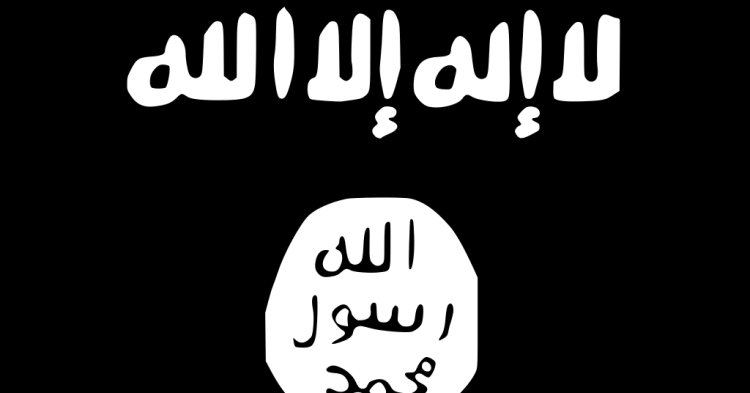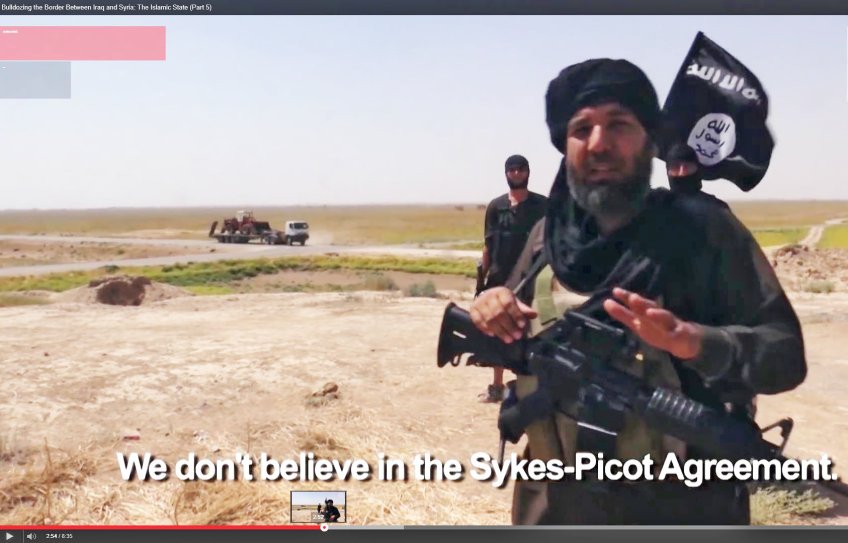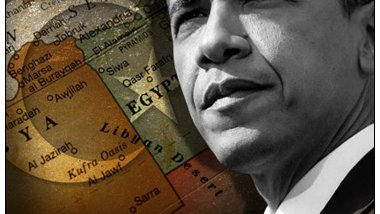First of all, we have to remind ourselves that the Islamic State is not on the verge of conquering the Middle East and North Africa first and directly threatening Europe then. Of course, Europe’s leaders are well aware of the fact that the situation is more complex than how it is depicted by the media, and that the implicit links between terrorism, Islam and migration arise out of outright ignorance. But they have done little, especially in some countries, to confront those populist parties that exploit people’s irrational fears of diversity. And widespread stereotypes about Islam and the Arab world have been terribly detrimental to European (and American) interests in the Middle East and North Africa for a long time.
Of course, this is not to say that the Islamic State does not constitute a problem. But rather than threatening Europe directly, IS risks making even less stable and more divided the world’s most sectarian region. Europe’s public should be reminded more often that the conditions that fostered IS’s rise were partially created by the West’s illogical invasion of Iraq and mingling with the Syrian civil war. But unfortunately nothing can be done about the mistakes of the past; the question is whether Europe can do something to stabilise the region now.
It cannot be emphasised enough that Europe’s priority is to speak with a single voice on the international stage. This is even more pressing when it comes to Europe’s neighbourhood, where European countries often have different interests. For example, many Italians saw France’s primary role in the 2011 intervention in Libya as a way to increase its influence on a country historically close to Italy. Instead, a common foreign policy would not only increase Europe’s clout sharply, but would also make sure all member states work towards common goals.
Yet many would argue that this is, for the time being, wishful thinking, and that at any rate a federal Europe with a common foreign policy would be no panacea for the troubles of the Arab world. Indeed, the question is whether Brussels can do something about the region’s instability given the current structure of EU foreign policy. The answer is that it certainly can. Violent and illiberal forces such as the Islamic State cannot be defeated through interventions from the outside; the only sustainable solution is to support all those countries or forces in the Arab world that share Europe’s values and perspective.
Europe needs a coherent Mediterranean partnership programme to develop economic and political ties with such countries. This would lead to a win-win situation, where neighbour countries can strengthen their development thanks to strong relations with the EU, which can only benefit from strong and like-minded allies in the region. Tunisia is the only country that seems to have embarked on a democratic path following the Arab spring. However, it is endangered by the region’s instability. The European Union should make sure Tunisia receives all the help it needs. At the same time, it should make it clear that Turkey’s future is with Europe before it’s too late. After attempting to access the EU for decades, Ankara seems to have lost its interest, quite understandably. The lack of stronger cooperation with Turkey, with the ultimate goal of its membership, is probably one of the greatest examples of the damage that stereotyped views of Islam held by most Europeans have made. Turkey is one of the most important players in the region and it should be the first country, with Tunisia, to be involved in a future Mediterranean partnership program.
Ideally, such a program would try to include other countries as well, and possibly even contribute to finding viable solutions to the Israeli-Palestinian conflict. For the time being, however, it would be enough if Europe stopped fretting about Isis as the greatest threat and started to build a strong network of allies across the Middle East and North Africa.







Follow the comments: |
|
